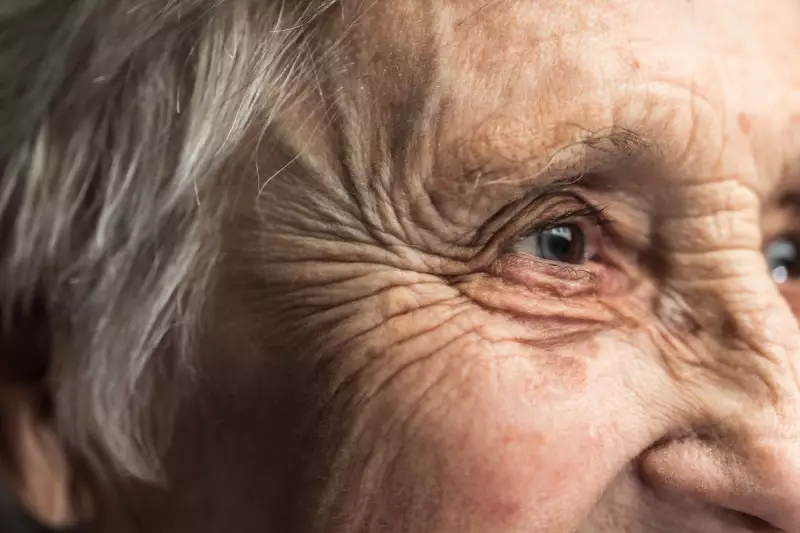
In a groundbreaking study that bridges dermatology and geriatrics, researchers have uncovered a fascinating connection between facial wrinkles and bone density in older adults. The findings suggest that your skin's appearance might serve as a visible indicator of skeletal health.
The Wrinkle-Bone Connection
Scientists examined over 100 postmenopausal women, analysing both their skin elasticity and bone mineral density. The results revealed a striking pattern: participants with more severe facial wrinkles tended to have lower bone density measurements.
What This Means for Ageing Adults
This discovery could revolutionise how we approach ageing health:
- Early warning system: Visible skin changes might signal bone health issues before symptoms appear
- Non-invasive screening: Dermatological examinations could complement traditional bone scans
- Holistic ageing research: Highlights interconnectedness of bodily systems in the ageing process
Scientific Explanations
Researchers propose that collagen depletion—a common factor in both skin ageing and bone deterioration—may explain this connection. As we age, reduced collagen production affects both skin elasticity and bone matrix integrity.
Future Research Directions
The team plans to expand their studies to include:
- Larger and more diverse population samples
- Longitudinal tracking of skin and bone changes
- Potential genetic factors influencing both systems
While more research is needed, these findings open exciting possibilities for early intervention in age-related bone conditions like osteoporosis.





